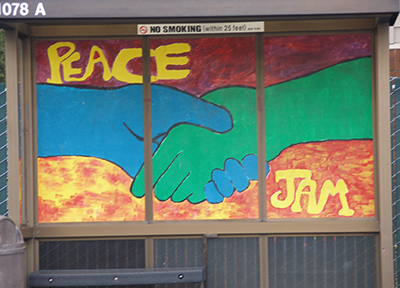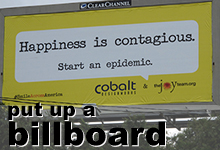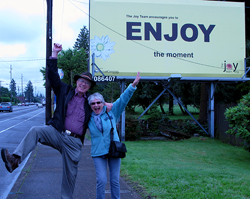Being happy has been credited with many things: improved physical health, longer life, and better mental health to name a few. Recent research shows that feeling joyful can also improve race relations by erasing some effects of racial bias.
A study published by Kareem J. Johnson and Barbara L. Fredrickson shows that feeling happy can eliminate what’s called “own-race bias.” Own-race bias is the phenomenon of being less able to distinguish the differences in people of other races than you are of people in your own race. (You may have heard the phrase, “They all look the same to me.”)
The study notes that previous research proved those with a positive affect are known to be more inclusive and see more similarities between social groups, as opposed to seeing more differences. To translate these findings to race, four short videos were used to induce feelings of joy, fear or neutrality and participants viewed 56 faces of mixed races in random order, half of which they had previously been shown, and asked if they recognized them.
The results showed an own-race bias remained in groups with induced fear or neutrality. But the groups with induced joy showed that positive emotions can eliminate own-race bias. Which is to say that happy people recognized faces of other races at the same rate they recognized faces of their own race.
That’s pretty awesome.
So, what does all this mean, really? Here’s a hypothesis: happy people = inclusive people + happy people = racially unbiased people, so more happy people = more accepting society: thus proving happiness really can change the world.
Yep. Sounds about right to me.
Tags: Barbara Fredrickson, happiness, joy, Kareem Johnson, own-race bias, race relations, racial bias, study





